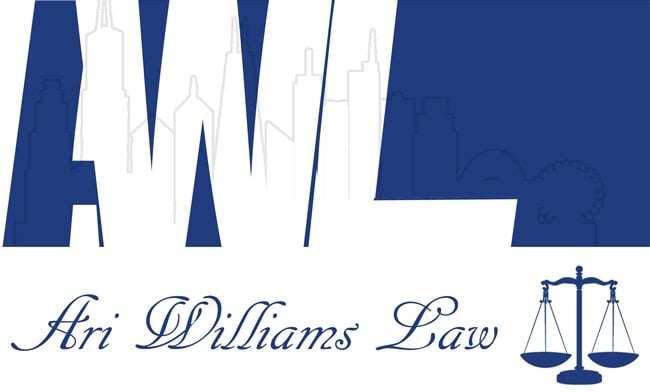It is common for people to feel nervous about interactions with law enforcement officers and to question whether an officer has behaved appropriately. Those who are unfamiliar with their rights can easily make mistakes during an interaction with an officer that can put that at a disadvantage later. Police officers may even try to take advantage of someone’s mistakes or emotional state to build a case against that person.
Generally speaking, law enforcement professionals will eagerly look for anything they can identify as potential evidence and will arrest someone based on what they uncover during an interaction. Conducting physical searches is one of the fastest ways to obtain evidence. Officers may seek to search someone’s home, their vehicle or even their body to find evidence of a crime that justifies arresting that individual. However, there are numerous rules that limit when and how police officers search. What happens to someone who has recently been subjected to what they believe was an illegal search?
They will likely face arrest
Even if someone asserts to a police officer that what just occurred was a violation of their rights, that officer is unlikely to listen. An illegal search very frequently leads to someone’s arrest shortly thereafter, and individuals should therefore prepare themselves for the likelihood of spending some time in state custody. Asserting the right to remain silent and the right to discuss the matter with an attorney may help someone avoid the worst possible outcome after such an arrest. The person subject to the search will need to start considering how to push back against that misconduct as well.
They may have a straightforward defense strategy
The criminal courts have specific rules regarding what evidence prosecutors can present. If police officers broke the law themselves or violated someone’s civil rights, the attorney defending that individual may invoke the exclusionary rule during a trial. Essentially, the courts cannot allow the prosecution to use evidence that the state obtained illegally. Therefore, those who believe that a search was illegal can theoretically prevent the use of that questionable evidence during their criminal trial if they approach the matter in the right way.
Learning more about the rules for criminal investigations and prosecution may benefit those recently arrested in Illinois and allow them to make more informed decisions as they seek legal guidance and pursue a strong legal strategy designed to safeguard their rights and interests.


